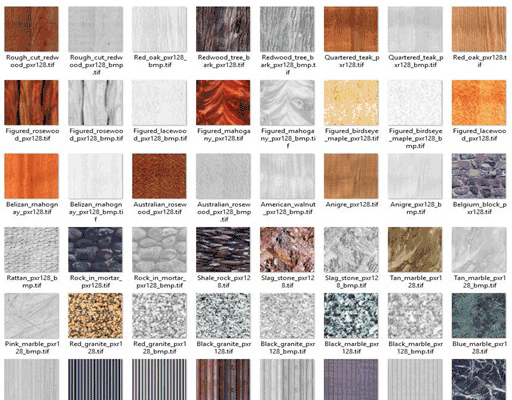AWS for Games Blog
Category: Programing Language
Compiling Unreal Engine 4 Dedicated Servers for AWS Graviton EC2 Instances
Epic Games is a leading interactive entertainment company responsible for some of the world’s largest games including Fortnite, and also develops Unreal Engine, Unreal Engine is a world leading open and advanced real-time 3D creation tool. Continuously evolving, it not only powers the world’s leading games, it also offers creators across industries the freedom and […]
How to integrate the AWS .NET SDK for games using C#
Following on from our first post, “Game developer’s guide to setting up the AWS SDK”, we’re now going to show you how to integrate the SDK using C#, the language used in major game engines like Unity. To help you get up and running even faster, we’ve created sample code that is available for you […]
Amazon GameLift Realtime Servers Now Available
After being announced in preview at Game Developers Conference (GDC) 2019, Amazon GameLift Realtime Servers is now available to help game developers create and customize affordable game servers. Building a great multiplayer game experience oftentimes has barriers that deter game developers from building a multiplayer game. It can be time consuming and costly, and […]
Creating Servers for Multiplayer Mobile Games with Just a Few Lines of JavaScript
Multiplayer servers are hard Traditionally, developing a custom game server is a pretty arduous task. Putting a server together requires a lot of knowledge about networking systems, backend development and server operations. This can be tough on smaller teams who may not have the resources required to develop this type of system. And, when you […]
Pain in the Asset Library: How Machine Learning can make your production pipeline 1000x faster
Finding related textures in a texture library can be a black hole of wasted time. Using Amazon Rekognition, Amazon’s machine learning API, you can tag your textures and do searches to find them in seconds… In game development, we commonly have a large asset library of textures or scenes that become our “painter’s palette”. This […]




